detail profile maurice capovila
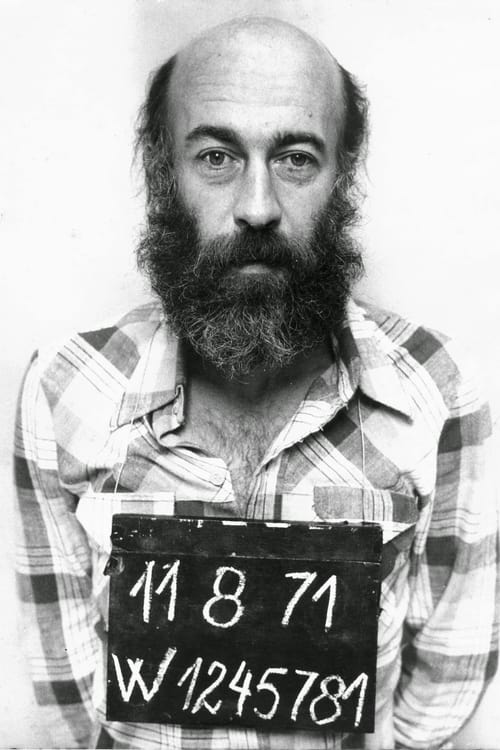
Maurice Capovila
Maurice Capovilla
atau dikenal sebagai
Riwayat Hidup
Maurice Capovilla (Valinhos, January 16, 1936 — Rio de Janeiro, May 29, 2021) was a Brazilian actor, screenwriter, producer and filmmaker.
He directed eight films between 1968 and 2003.
His 1970 film The Prophet of Hunger was entered into the 20th Berlin International Film Festival.
Info Pribadi
Peran Yang Di Mainkan Maurice Capovila
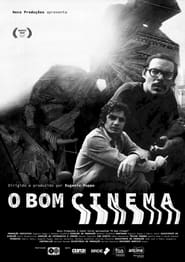 An authentically marginal cinema created in...
An authentically marginal cinema created in...The Good Cinema 2021
An authentically marginal cinema created in Catholic university in Brazil. One of the most intriguing and imaginative moments in modern cinema in the voice of some of its select conspirators—with Carlos Reichenbach at the lead—, and through the most razing flow of images that can possibly be conceived.
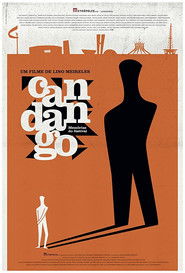 In 1965 a year after the military...
In 1965 a year after the military...Candango: Memoirs from a Festival 2020
In 1965, a year after the military coup in Brazil, an oasis of freedom opened in the country's capital. The Brasília Film Festival: a landmark of cultural and political resistance. Its story is that of Brazilian cinema itself.
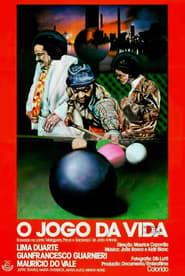 The dreams and problems of three...
The dreams and problems of three...O Jogo da Vida 1977
The dreams and problems of three friends: Malagueta, an inveterate gambler; Perus, former factory worker who abandoned the assembly line to earn his living at the billiards; and Bacanaço, trickster who puts on chic airs, always dreaming of performing the ultimate big swindle.
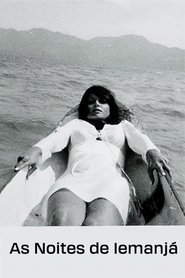 Neglected wife tells husband about mysterious...
Neglected wife tells husband about mysterious...The Nights of Iemanjá 1971
Neglected wife tells husband about mysterious deaths occurred by the influence of Iemanjá, Afro-Brazilian deity, goddess of the waters
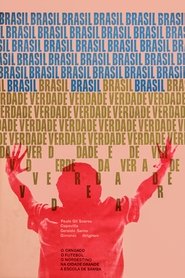 In the late 1960s Thomas Farkas...
In the late 1960s Thomas Farkas...True Brazil 1968
In the late 1960s, Thomas Farkas imported equipment suitable for direct sound, and released a collection of documentaries called "Brasil Verdade" ("True Brazil"), after the Military Coup d'État took place in Brazil, which happened without any popular resistance or revolution or reaction of the society. The five short films are directly related to this fact and its consequences to the country.
 Born and raised in the misery...
Born and raised in the misery...The Red Light Bandit 1968
Born and raised in the misery of Brazilian slums, Jorge becomes a luxury house burglar in São Paulo and gets nicknamed "The Red Light Bandit" by the sensationalist press. In addition to wearing a red flashlight, he talks to his hostages in an irreverent tone and makes bold breakthroughs to later spend the money extravagantly. His world is the decadent neighbourhood of Boca do Lixo.
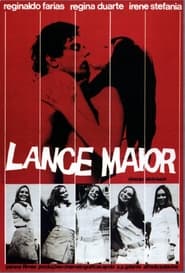 University student who works in a...
University student who works in a...Lance Maior 1968
University student who works in a bank experiences a personal crisis: he is torn between his ambitions and the temptation to engage in the armed movement against the military dictatorship of the time, in Brazil. At the same time, his love life is also confusing: he is unable to choose between two girls: an apolitical rich one, whose main interest is her own sexual liberation; and a working girl with family problems.
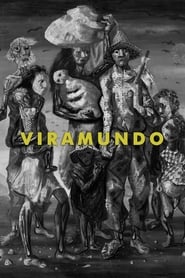 Viramundo shows the saga of the...
Viramundo shows the saga of the...Viramundo 1965
Viramundo shows the saga of the northeastern migrants that arrive in São Paulo, beginning with a train arriving and ending with a train leaving São Paulo in a cycle repeated every day. Viramundo's aim was to question why the military coup d'état in Brazil happened without any popular resistance or revolution or reaction of the society.
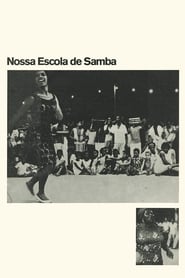 A year in the life of...
A year in the life of...Nossa Escola de Samba 1965
A year in the life of a samba school, from the first rehearsals to the parade on the avenue.
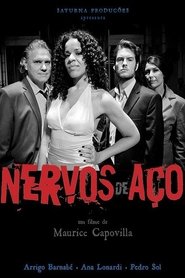 Private eye Peixoto tries to hunt...
Private eye Peixoto tries to hunt...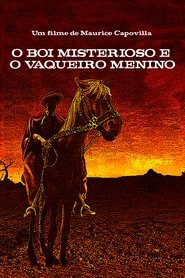
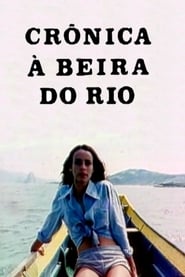 Rio de Janeiro is a city...
Rio de Janeiro is a city...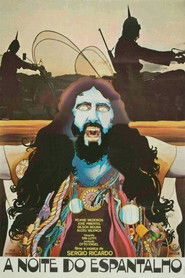 In the miserable Northeastern Brazil a...
In the miserable Northeastern Brazil a...
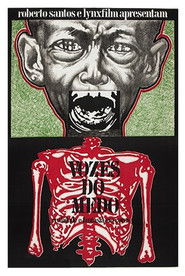
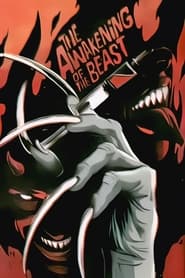 A psychiatrist experiments on four volunteers...
A psychiatrist experiments on four volunteers...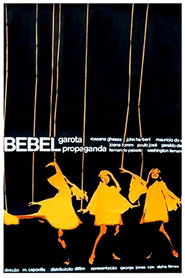 Poor and beautiful girl is hired...
Poor and beautiful girl is hired...